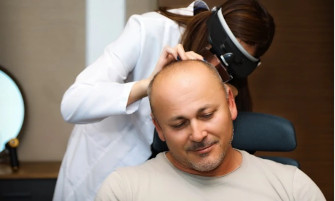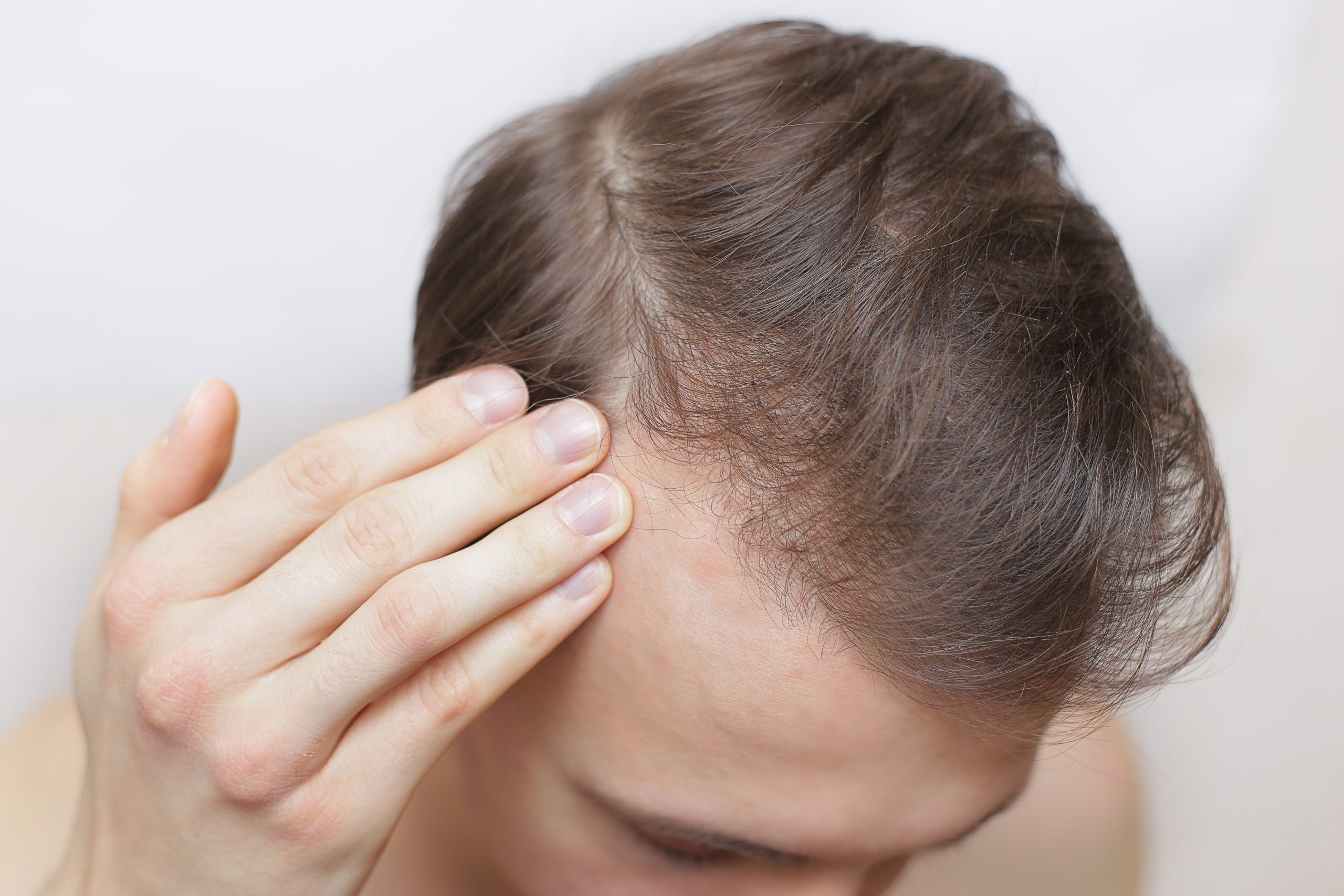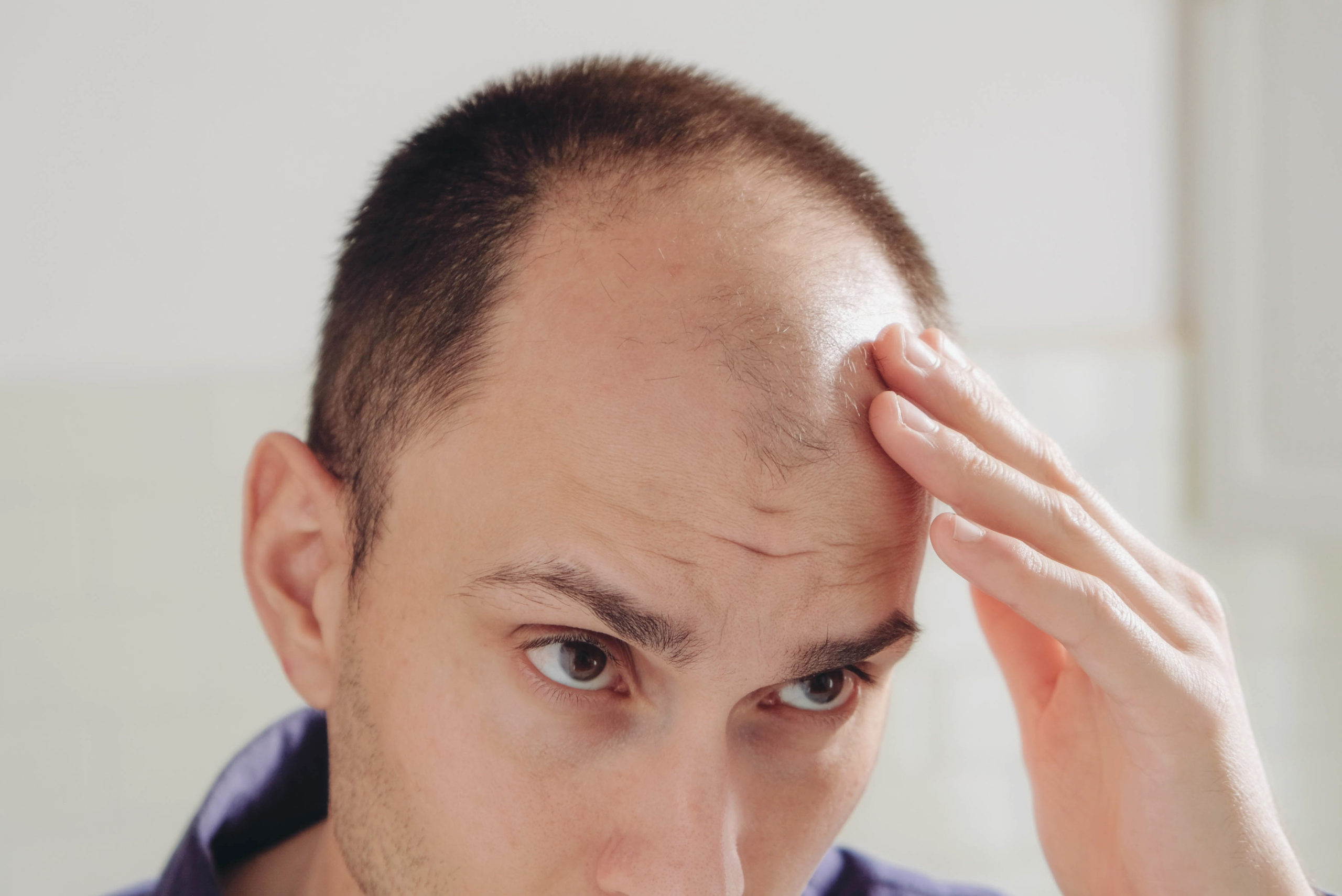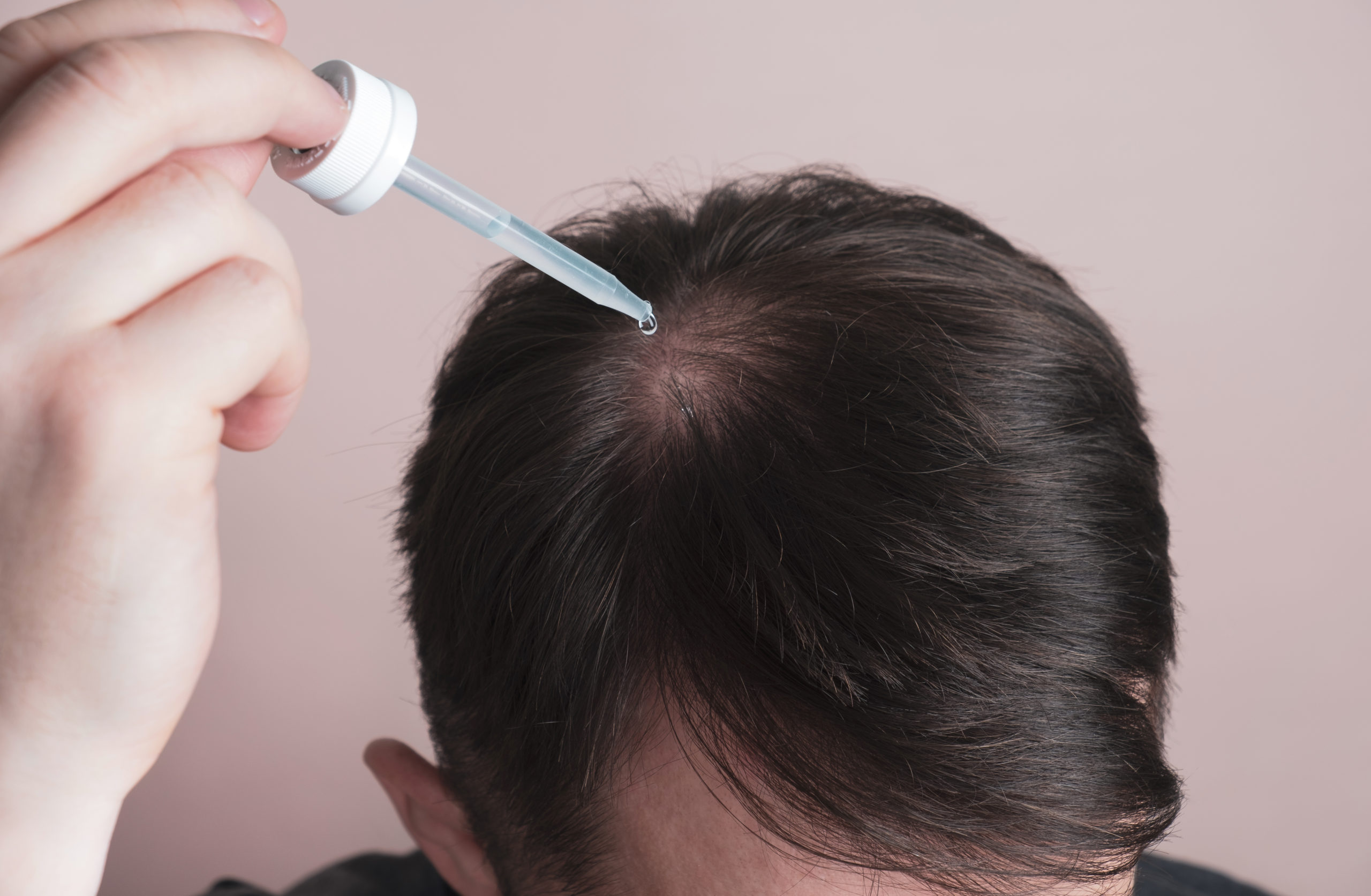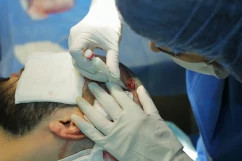Answering your Hair Questions: How to Stop Hair Thinning
Each year, millions of men are affected by hair thinning. There are many who simply ignore it or don’t know that there are various solutions to their thinning hair. However, for those that care about the appearance of their hair and want to look their best, there is always the question: how to stop hair thinning? If you want to get the most out of your hair, we have the information you need.
Stopping Receding Hair: Hair Transplant Success Rate
One of the best ways to combat the hair thinning that occurs with age is a hair transplant. Hair transplants are highly effective and provide men and women with a reliable and expedient way to increase the thickness of their hair. Hair transplantation may sound like an intimidating procedure for some people however the hair transplant success rate is typically high when it comes to treating thinning hair. If you are worried about your thinning hair and want to stop the problem in its tracks, then hair transplantation may be the best course of action for you.
What Causes Thinning Hair?
In order to find thinning hair remedies that are tailored to your circumstances, you should first know the many different causes of thinning hair. Here we list the most common ones.
Family History
One of the most common causes for hair thinning is simply your family history. If you have many elder relatives with thinning hair, the chances of you having the same problem are greater. Obviously, this is permanent and beyond your control. Simple medicinal treatment does not often provide positive results here.
Hormone Changes & Medical Conditions
Hair thinning could be triggered by a number of medical conditions and diseases. It can also be caused by pregnancy or any event that entails a change in your hormonal balance. If you are going through such a change or are experiencing a disease that is resulting in hair thinning, you should see a hair transplant specialist to check if you are a good fit for surgical remedies for thinning hair.
Medications
Hair loss and hair thinning are a side effect of a number of different medications such as antidepressants, blood thinners, steroids and beta-blockers. if the condition is serious and the therapy with those medications is long-term, the cure for thinning hair may be a surgical hair transplant. In this case you should consult a specialist for advice.
Radiation Treatment
Radiation treatment for diseases such as cancer can cause hair loss and hair thinning. After the treatment has ceased there are cases where this hair will grow back naturally, but your hair could also be damaged permanently. In this event, hair transplants should be one of the hair thinning solutions that you look into.
Highly Stressful Event
Hair loss and hair thinning can be caused by an individual going through a highly stressful event or period in their life. Stress develops in the mind but very often spreads to the entire body. When we are experiencing a lot of stress, our adrenal glands release more hormone cortisol, that prompts hair follicles to enter a resting phase. Hence, it is important to undergo a medical treatment, as well as try to relieve stress and maintain your inner balance, e.g. with the help of yoga, meditation, sedative herbs, etc.
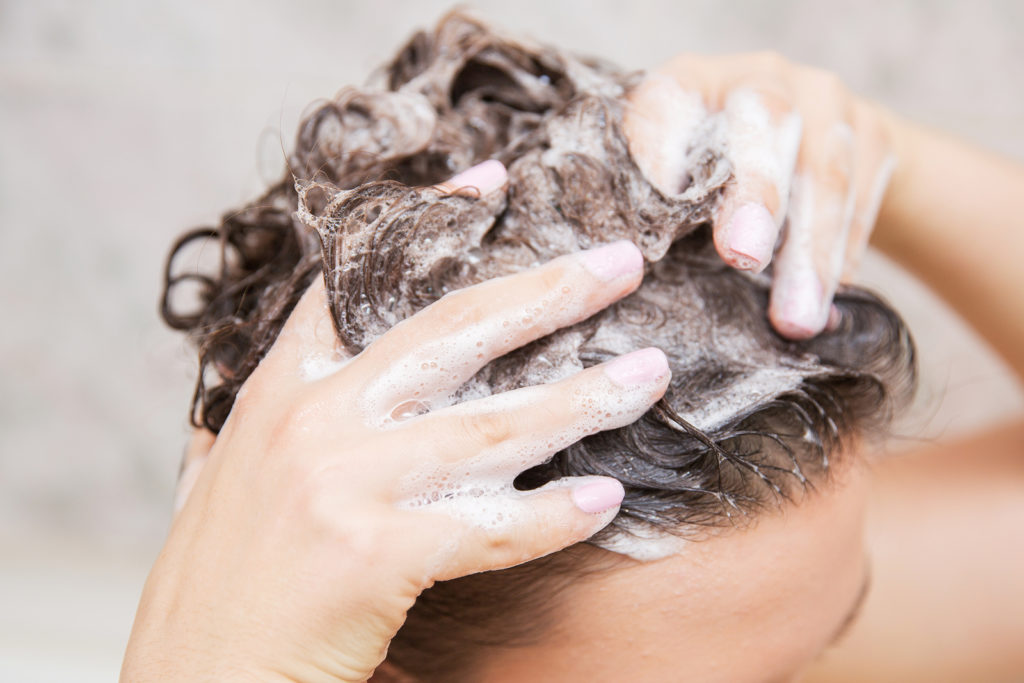
Hairstyles & Treatments
In some cases, your hair loss or hair thinning could be the direct result of an action that you are taking with your hair such as a specific hairstyle or hair treatment that you are using. Using a soft hairbrush and a shampoo without aggressive chemicals (like sulphates) might improve the state of your hair. Avoid blow-drying and hair irons, as they dehydrate your hair and make it more brittle and dull.
Costs of Stopping Hair Thinning
If a hair transplant is the right procedure for you to stop your hair thinning in its tracks, you probably want to know more about the associated costs with the procedure and how you should plan accordingly. The answer to this question is not so simple. The cost of a hair transplant can vary wildly based on the person’s unique condition, severity, and desired results.
You can easily calculate the cost of hair transplant on our website. For the gift of permanently stopping hair thinning and gaining your voluminous hair back, this can be seen as a low cost that is well worth the investment compared to long term ineffective solutions.
Other Ways to Stop Hair Thinning
Of course, there are other ways that can help you fight hair thinning. We want to stress the importance of taking these measures, even if you have already undergone hair transplantation. The problem of hair thinning and loss must be tackled with a complex of various methods to ensure the best results.
Use a Mild Shampoo
The type of shampoo that you are using could be the cause of your hair thinning woes. Check the ingredients of your hair care products to ensure they are safe for your head.
Take Vitamins
Vitamins could be the answer to helping you grow healthier, thicker hair and getting back what you have lost through hair thinning.

Eat More Protein
Your diet could be affecting the fullness of your hair. Try eating more protein to give your body the materials it needs to build healthy hair and keep it growing.
Avoid Brushing Wet Hair
Brushing wet hair is harsh on your head and often results in pulling and hair damage. If you have thinning hair, you should avoid doing this as it could exacerbate the condition.
More Hydration
Hydration could be the culprit when it comes to thinning hair. Be sure to stay hydrated throughout the day if you want to have a fuller and healthier head of hair.
Avoid Harmful Hair Care Procedures
There are many hair treatments and chemicals in use on the open market that contribute to hair thinning. Be sure to conduct a thorough review of every product you use and ensure you are being safe with your hair care products.
Conclusion
If you are experiencing thinning hair like millions of men worldwide, then it is time to take action and find a thinning hair treatment that works for you. For the most effective and sustainable result, consult with a hair care specialist to see if you are a good candidate for a hair transplant.

